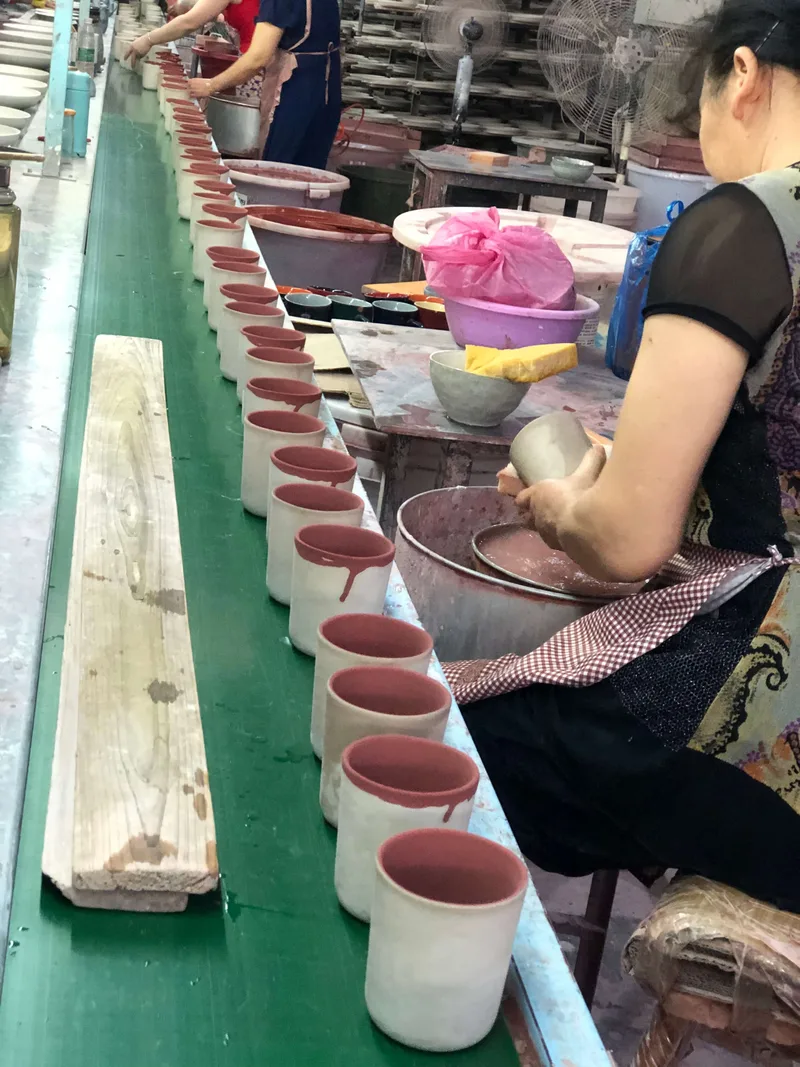Familiarise yourself with key concepts
Human rights are inherent to all human beings and include civil, political, economic, social, and cultural rights. Human rights are protected by international law and encompass principles such as equality, dignity, freedom, and justice.
Forced labor refers to situations where individuals are coerced or compelled to work against their will. Individuals are typically deprived of their freedom and autonomy. Forced labor is a violation of human rights and is prohibited under international labor standards.
Child labor entails the exploitation of children for economic gain or work that interferes with their education, development, and well-being. Child labor is a significant violation of children’s rights and is prohibited under international conventions.
DECENT WORK & DUE DILIGENCE
Providing decent work refers to employment that provides fair wages, safe working conditions, social protection, and opportunities for personal and professional development. It encompasses the right to work in an environment that respects workers’ dignity. This is promoted by the International Labour Organization.
Conducting due diligence means making thorough and proactive efforts to identify, prevent, and mitigate the potential risks or negative impacts of a business’ operations. It involves carrying out investigations and evaluations to ensure that a company’s activities adhere to legal, ethical, and social standards.
Increasingly, countries are instating due diligence requirements for human rights.





